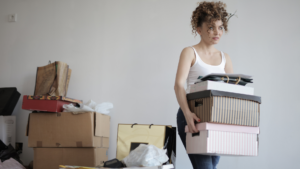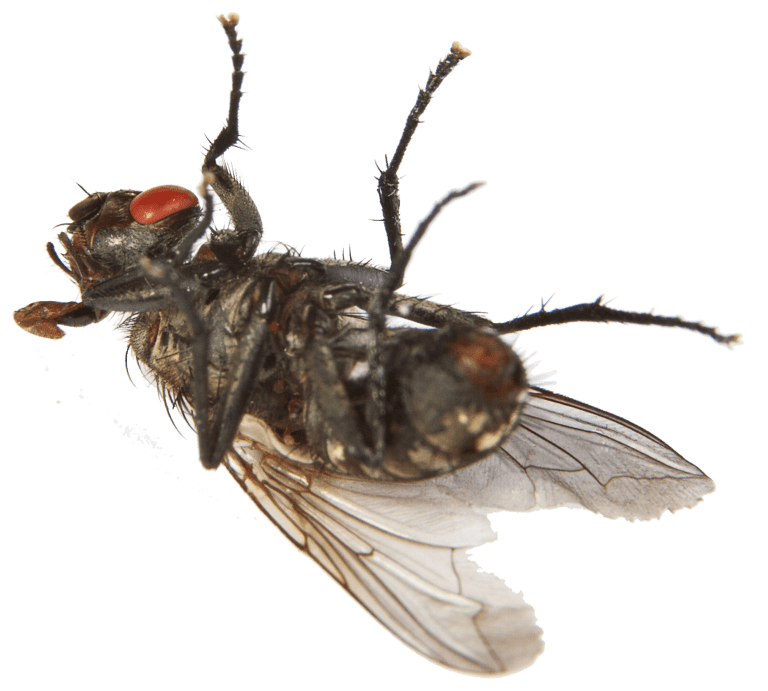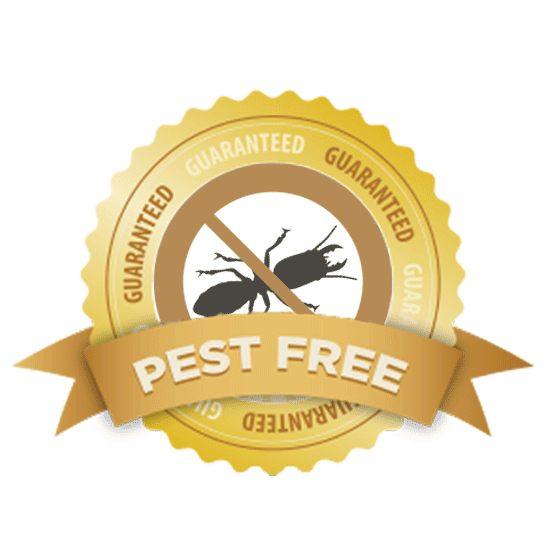Termite tenting is a very effective treatment when dealing with Drywood termites. While the process of treating a home infested with termites is done by pest control professionals, you have a part to play in the tenting process. When it is time to treat your home for termites there are a few things you can do. Your responsibility is to get your home ready for fumigation.
How to Prepare for Fumigation
It is important to understand what termite tenting is and why is it considered the most effective treatment option for dealing with a termite infestation. Get familiar with the material used (the large tarp or polyethylene cover) to encase your property. Also, work to understand the chemicals and gas that will be used in your home.
Personal Items
Make Accommodation Plans for The Family
Since your house will be under a tent and quarantined for up to 48hours for the chemicals used to work, you will have to make plans for your family to have suitable accommodations during that period. Plan to be away from your home for a minimum of 3 days. Ask your South Florida pest control expert for exact dates.
Seal and Toss Away Consumables
Remove all perishables from your home and double seal the ones you question. However, the best option is to relocate them to a storage outside your home. The sealing and relocation also applies to pet foods and all medical and hygiene products.
Pack and Store Clothes
Pack away and store all your clothing, beddings, and curtains. Place them in appropriate bags and consider double-packing to make this easier and offer more effective protection. Begin by sealing away all porous items for your protection.
Home Items
Unplug All Electrical Appliances
Turn off and/or unplug your ovens, washers machines, refrigerators, television, and heaters. You can also talk to the gas company to cut and resume supply after the fumigation for your protection as well.
Take Out All Plants
Remove all indoor plants as well as those on the patios and place outside your home. Ensure that you protect them from damage by moving them away from the perimeter of your home so that your pest control specialists can tent your home without obstruction.
Uncover The Furniture and Upholstery
Unwrap all plastic-covered seats, cushions, and mattresses because the covers inhibit the effectiveness of the chemicals used to rid the home of termites. It is a precautionary measure that ensures the termites have no place to hide.
Open All Doors Between Rooms
Leave the doors between rooms open to all the chemical to spread through the house. You should also leave the closets, drawers, and cabinets. Leave all shutters and drapes open to make it easier for the fumigator to spray the entire house.
Prep The Exterior of the Home the Tent
It will include removing the aerials, trimming any shrubs and tree branches, cutting back the mulch or gravel at least a foot from your foundation. You can also ensure all the vegetation along the foundation are well watered to help them withstand the chemicals during the fumigation.
Leave Your Keys
The termite treatment professionals will need keys to every section of your home and will be keen to lock up the place when finished. There is likely a secondary locking system for the house to ensure nobody enters the home during fumigation and the 24-hour quarantine period.
What to Do After the Fumigation
Air Your Home
The termite treatment experts will remove the tent as planned on the determined day. The pest control experts will check the quality of air using special equipment before you are allowed to enter your home.
Vikane, also known as sulfuryl fluoride, is a gas that dissipates completely after aeration, leaving no surface residue, odor, or film. Because of this, it’s safe to use Vikane to fumigate delicate items like antiques, electronics, and sensitive fabrics without damaging them. It’s also safe to use Vikane around children’s toys and clothes, so there’s no need to wash them after fumigation.
You should have a follow-up plan and keep in touch with your exterminator for a re-inspection for any termite re-infestation. Termite tenting can be overwhelming, however, with proper preparations, termite tenting becomes easier. You should know what is expected of you in the tenting process and be sure that you are working with a reputable termite fumigation expert.





